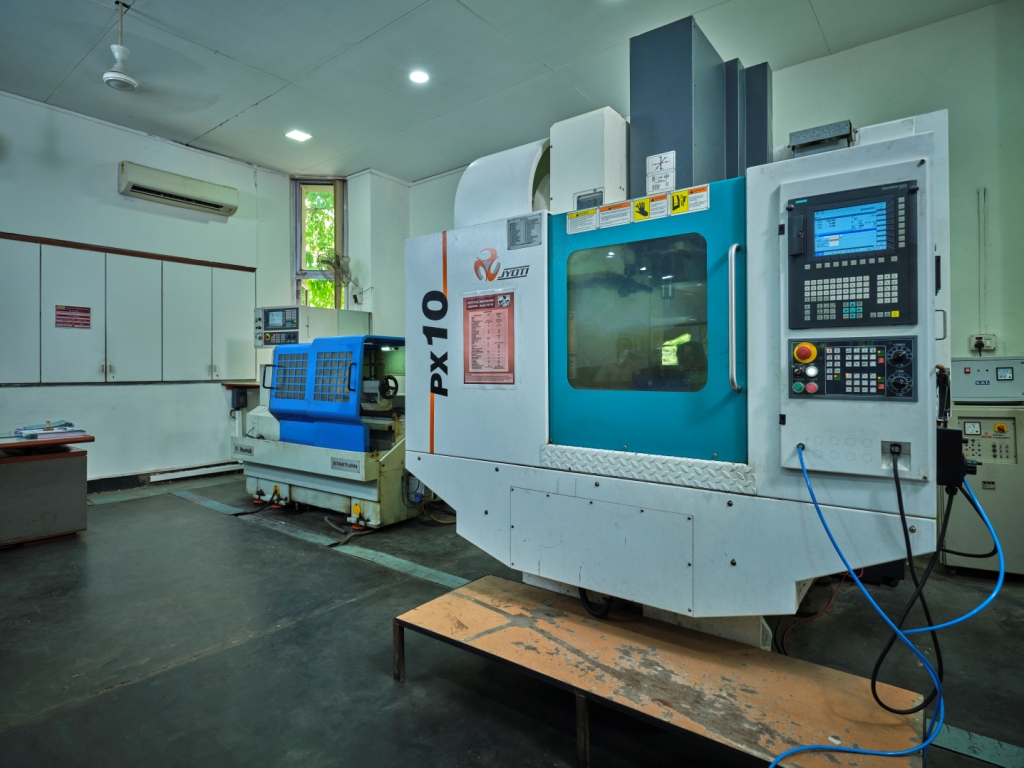
Integrated B.Tech. (Mechanical Engineering) and MBA is a five-year full-time programme which offers blended learning of technical and managerial skills. The integrated program combines undergraduate studies in mechanical engineering with postgraduate studies in business administration, offering a unique blend of technical expertise and managerial acumen that prepares graduates for diverse roles in the ever-evolving industrial sector and global market.
The curricula focus on developing knowledge, skills, and expertise in mechanical engineering and business and corporate contexts. The course content aims to create a relevant and dynamic connection between industry and academia. This facilitates employability and the creation of industry ready workforce. The combination of technical and managerial expertise prepares next generation managers who can keep up with the changing trends in real-world business environment.
To prepare such blended professionals equipped with contemporary technological skills, appropriate managerial competencies and industry orientation, the Institute of Management and Institute of Technology, Nirma University, launched the Integrated B.Tech (Mechanical Engineering)–MBA Programme in 2025.Students learn technical and analytical skills during Phase I (first three years) at the Institute of Technology. In Phase II (Fourth and Fifth year) students enhance their analytical skills and acquire managerial skills necessitated by the technology driven context of global business.
Programme Highlights
After undergoing this programme, the student shall be able to:
The first three years (B.Tech-ME Phase) have six semesters with two semesters in each of the three years. The duration of each semester is approximately 16 weeks. The next two years of the Programme is (MBA Phase) has a total of six terms, with three terms in each of the two years.
For a detailed curriculum & syllabus, please visit department website:
Faculty members at the Institute of Management, Nirma University use a variety of pedagogical tools as part of their teaching-learning process. These include:
Additionally, each course includes interactions with industry thought leaders that augment the classroom experience. Faculty members also maintain an active discussion with students through the Learning Management System (LMS) and course blogs.